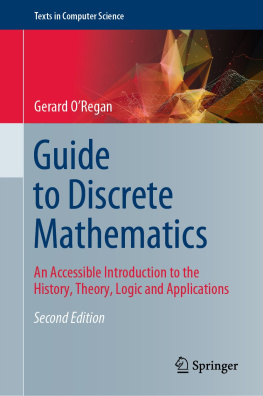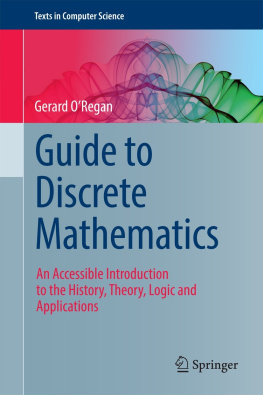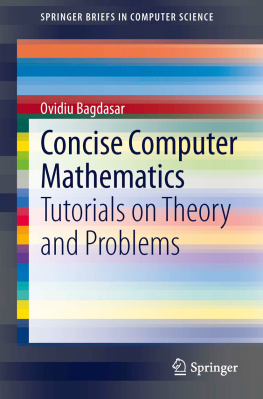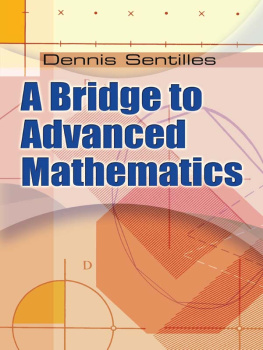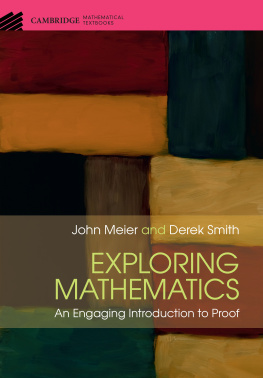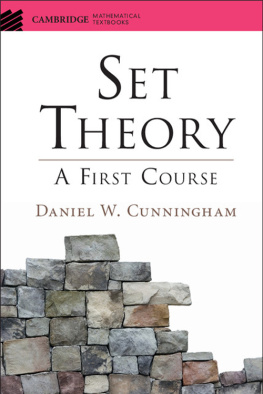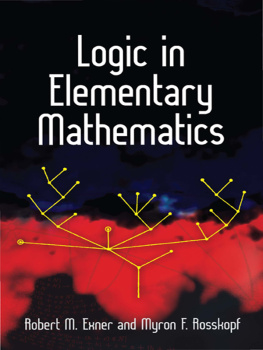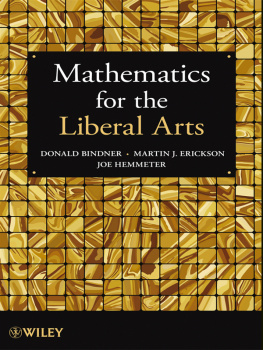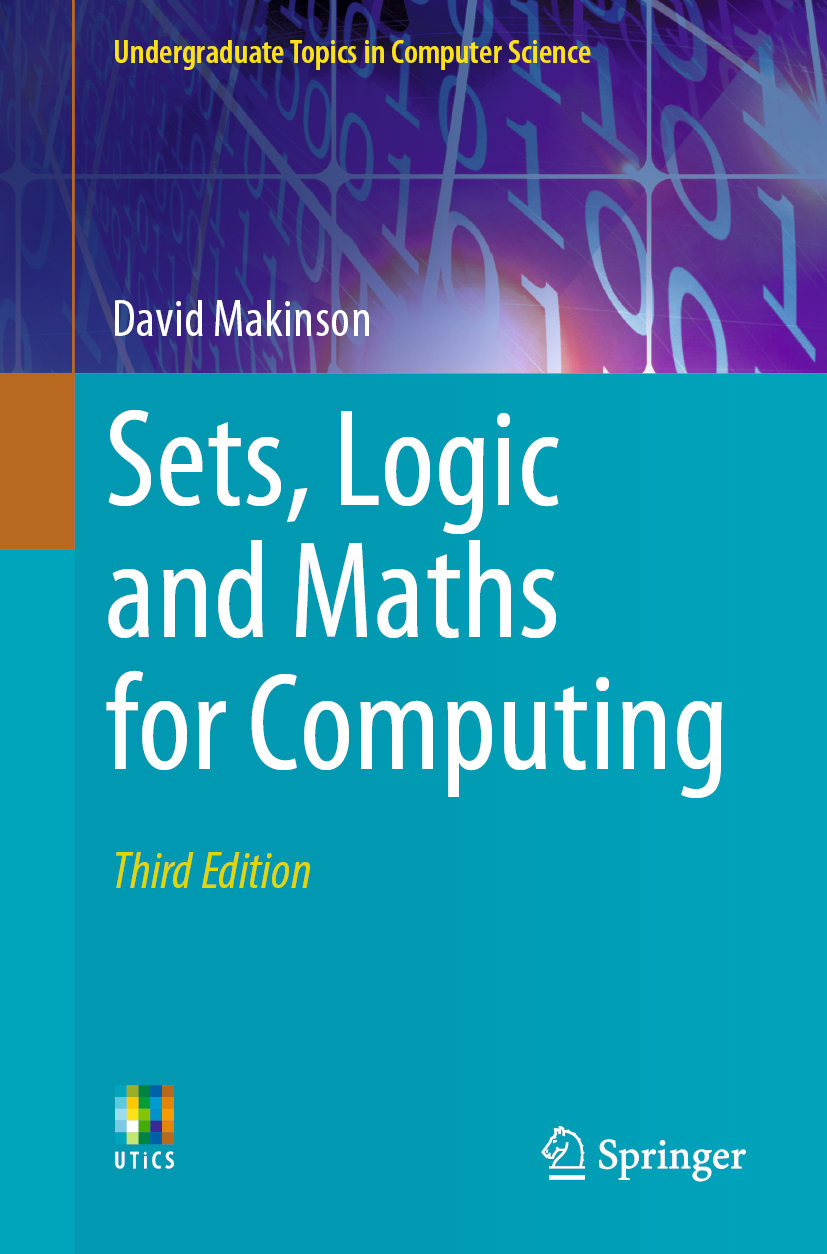David Makinson - Sets, Logic and Maths for Computing
Here you can read online David Makinson - Sets, Logic and Maths for Computing full text of the book (entire story) in english for free. Download pdf and epub, get meaning, cover and reviews about this ebook. year: 2020, publisher: Springer, genre: Children. Description of the work, (preface) as well as reviews are available. Best literature library LitArk.com created for fans of good reading and offers a wide selection of genres:
Romance novel
Science fiction
Adventure
Detective
Science
History
Home and family
Prose
Art
Politics
Computer
Non-fiction
Religion
Business
Children
Humor
Choose a favorite category and find really read worthwhile books. Enjoy immersion in the world of imagination, feel the emotions of the characters or learn something new for yourself, make an fascinating discovery.
- Book:Sets, Logic and Maths for Computing
- Author:
- Publisher:Springer
- Genre:
- Year:2020
- Rating:5 / 5
- Favourites:Add to favourites
- Your mark:
Sets, Logic and Maths for Computing: summary, description and annotation
We offer to read an annotation, description, summary or preface (depends on what the author of the book "Sets, Logic and Maths for Computing" wrote himself). If you haven't found the necessary information about the book — write in the comments, we will try to find it.
This easy-to-understand textbook introduces the mathematical language and problem-solving tools essential to anyone wishing to enter the world of computer and information sciences. Specifically designed for the student who is intimidated by mathematics, the book offers a concise treatment in an engaging style.
The thoroughly revised third edition features a new chapter on relevance-sensitivity in logical reasoning and many additional explanations on points that students find puzzling, including the rationale for various shorthand ways of speaking and abuses of language that are convenient but can give rise to misunderstandings. Solutions are now also provided for all exercises.
Topics and features: presents an intuitive approach, emphasizing how finite mathematics supplies a valuable language for thinking about computation; discusses sets and the mathematical objects built with them, such as relations and functions, as well as recursion and induction; introduces core topics of mathematics, including combinatorics and finite probability, along with the structures known as trees; examines propositional and quantificational logic, how to build complex proofs from simple ones, and how to ensure relevance in logic; addresses questions that students find puzzling but may have difficulty articulating, through entertaining conversations between Alice and the Mad Hatter; provides an extensive set of solved exercises throughout the text.This clearly-written textbook offers invaluable guidance to students beginning an undergraduate degree in computer science. The coverage is also suitable for courses on formal methods offered to those studying mathematics, philosophy, linguistics, economics, and political science. Assuming only minimal mathematical background, it is ideal for both the classroom and independent study.
David Makinson: author's other books
Who wrote Sets, Logic and Maths for Computing? Find out the surname, the name of the author of the book and a list of all author's works by series.

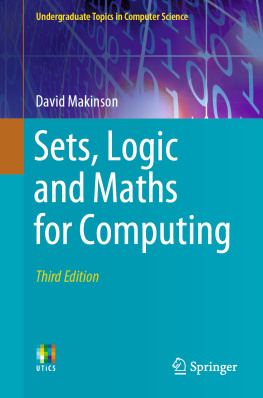
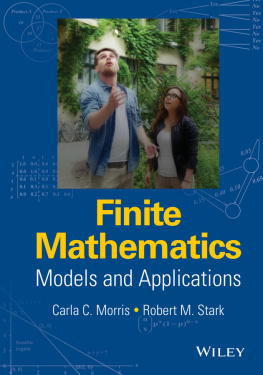
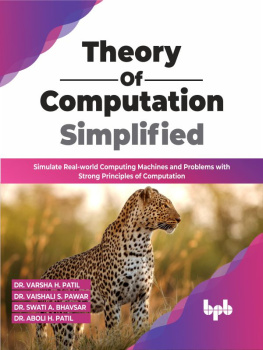
![Sergei Kurgalin [Сергей Кургалин] - The Discrete Math Workbook: A Companion Manual Using Python, 2nd Edition](/uploads/posts/book/307629/thumbs/sergei-kurgalin-s-k.jpg)
